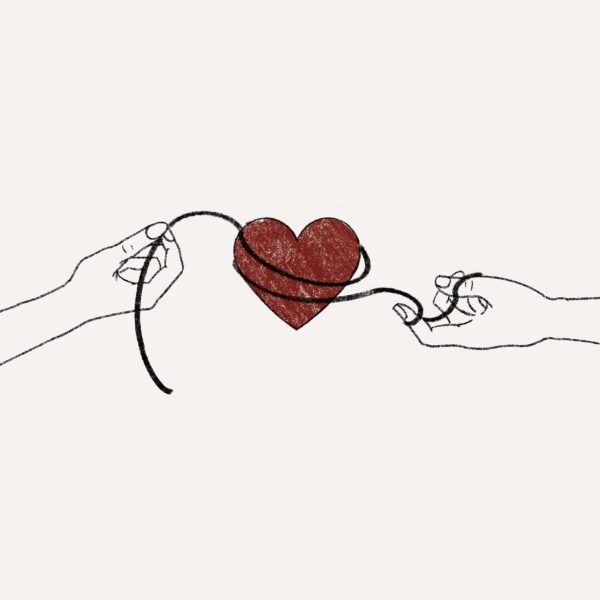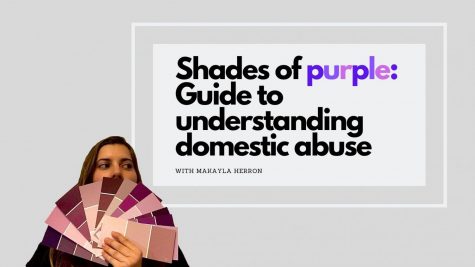Juliette’s Declassified School Survival Guide: September
When parents or teachers remind their kids “Don’t forget to get some sleep tonight” the students roll their eyes and think “Yeah, right.” In both sarcasm and in practice, health comes second to school. “Healthy studying” sounds like an oxymoron, but, contrary to popular opinion, it doesn’t have to be. While there will always be some amount of stress involved, it doesn’t have to become so extreme that it overshadows all other aspects of school. Success doesn’t have to come by force. The key to doing well in school is more complicated than good time management and taking clean notes, it’s about where the motivation to succeed comes from in the first place.
The panic begins very early in the year, approximately on the second day of school. The first day is a refreshing experience for students who find it easy to welcome back the campus with open arms: the lush green and turquoise pond reflecting the sky, the fountain spouting and sparkling in the sunlight, giving the occasional spray of mist that makes the Texas heat bearable and most excitingly, the packs of students huddled together in the shade, laughing and joking with each other as they wait for the bell to ring.
In contrast, on the second day of school, I saw a boy finish one can of Red Bull 10 minutes into first period. When somebody asked him about it, he looked them dead in the eye, saying nothing, and pulled another can out of his backpack. He probably wanted to grow wings so he could fly back home.
After the rush of the first day comes the crash, when all of the pleasant memories of the last year are replaced by the less-than-pleasant ones. Most lectures don’t begin until the second or third day of class, so we get at least one full day of going over permission forms and syllabi before the relaxing period is accompanied, yet again, by hard work and the reluctance to do it.
Procrastination isn’t limited to just students. It’s a human problem and always has been, throughout all of history. There’s no reason to see oneself as unable to reach success because of it.
The famous Leonardo Da Vinci worked on his masterpiece artwork The Last Supper on and off for three years because he kept avoiding it. When he finally finished, it was painted in a medium that wasn’t supported by the canvas, so the color began to flake off just decades later. The mistakes and bad habits of whom is considered to be one of the most talented artists of all time sounds an awful lot like the common high school student who probably doesn’t feel very talented at all.
This very natural and forgivable habit causes guilt and this only makes the habit worse. Stress can’t be used as a weapon; it may work in the short-term, the night before a test. In the long-term, though, people who chronically avoid doing what they know they should won’t feel any more inclined to “snap to it” when they’re feeling bad about themselves. Perhaps this entire cycle could be avoided if students weren’t so hard on themselves for procrastinating in the first place.
Negativity only clears the way for more negativity. The solution is to break the cycle completely.
What’s truly ironic is that so many students would willingly leave summer behind to go to school the first day. Some miss the structure school gives their lives and others are anxious to see their friends, but a new year also brings new teachers, classes and opportunities which carry the potential of happiness and self-improvement. This thirst for discovery is just as natural as the reluctance to pursue it; it’s not nerdy to enjoy school, it’s healthy.
Some students may not be interested in new classes or information and there’s nothing wrong with that. However, if your goal is to learn new things and excel in school, then enjoy the adventure. The thrill of the first day isn’t an illusion preceding the inevitable crash. The stress is the illusion that hides the truly enjoyable parts of school and all the success possible through that enjoyment. Imagine how many paintings Da Vinci would have made if he broke his habits.
There are countless tricks I could give you to study more efficiently, but what good are they if there’s no motivation to use them? It is definitely valuable to talk about keeping an agenda and taking clean notes. However, there is one study trick to rule them all; it’s the most effective and elusive, but it’s one which will encourage hard work and always carry you through to success, rain or shine: happiness.
Juliette’s monthly columns discuss study tips she has learned herself or from her peers that improve grades and efficiency while taking into account mental health as a priority over GPA.











